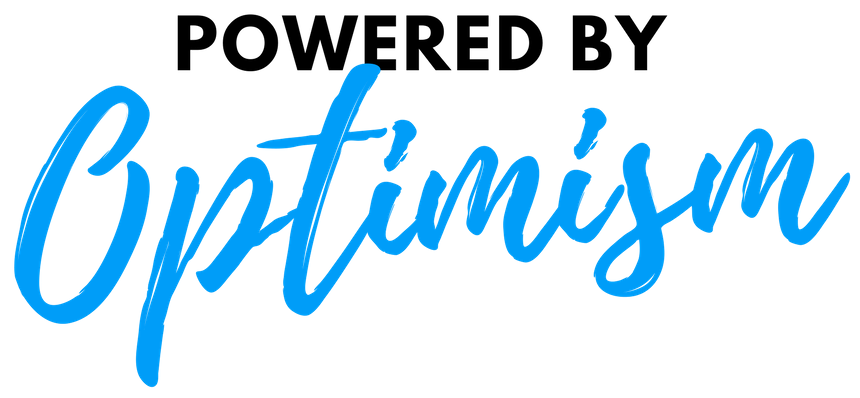My Peace Corps friend Brandon and I had a long conversation tonight with tons of great ideas thrown in , but I think one of the central ideas revolved around happiness and American advertising. "I've taken a lot of classes on marketing theory and so forth," Brandon said, "and the point I kept coming back to was that advertising isn't usually trying to sell you on how great a product they have, it's trying to create an unease in you, a hole, and then convince you that their product can help fill that hole and help you be at ease." It's hard to see the forest for the trees when you are living in America every day, but being here it's a little easier to not be bombarded by advertisements. The brands aren't in English, there are no billboards every quarter mile or more, I don't have a television or listen to a radio with commercials, and I don't read magazines with ads on every 5th page. In America there are a lot of people telling you that you aren't happy and sometimes it's hard not to believe them.
Today's Dalai Lama quote was, "If advertising is for a good cause, it is worthwhile. Buddha advertised enlightenment or Nirvana. If it is reasonable and beneficial, it is good, but if it is only for profit, cheating, and exploitation, or is misleading, then it is wrong." The funny thing about the enlightenment advertised by Buddha was that it centered on the idea that we need to get rid of want. We need to eliminate that strong feeling of desire in us for all kinds of things that don't bring happiness to ourselves or others. There's nothing wrong with having things, like a computer or car, but there is something wrong with always wanting the newest one, the fastest one, or any one except for the one you have. Buddha might have had a computer if he lived in this day and age, but I guarantee he would have used it differently than I do most of the time. It would have been a communication tool, a means of sharing lessons and knowledge with people throughout the world, and less of an entertainment, distraction or something that he felt needed to be constantly updated or replaced.
Happiness, I wager, has a lot more to do with how appreciative we are than how well stocked we are. A place of appreciation and love for the things around us is not vulnerable to attacks from other people telling you there is a hole inside you that needs to be filled. "We make ourselves rich by making our wants few," said Henry David Thoreau. This followed by, "Simplify. Simplify. Simplify," makes for a pretty nice little package. Would you buy that?
Today's Dalai Lama quote was, "If advertising is for a good cause, it is worthwhile. Buddha advertised enlightenment or Nirvana. If it is reasonable and beneficial, it is good, but if it is only for profit, cheating, and exploitation, or is misleading, then it is wrong." The funny thing about the enlightenment advertised by Buddha was that it centered on the idea that we need to get rid of want. We need to eliminate that strong feeling of desire in us for all kinds of things that don't bring happiness to ourselves or others. There's nothing wrong with having things, like a computer or car, but there is something wrong with always wanting the newest one, the fastest one, or any one except for the one you have. Buddha might have had a computer if he lived in this day and age, but I guarantee he would have used it differently than I do most of the time. It would have been a communication tool, a means of sharing lessons and knowledge with people throughout the world, and less of an entertainment, distraction or something that he felt needed to be constantly updated or replaced.
Happiness, I wager, has a lot more to do with how appreciative we are than how well stocked we are. A place of appreciation and love for the things around us is not vulnerable to attacks from other people telling you there is a hole inside you that needs to be filled. "We make ourselves rich by making our wants few," said Henry David Thoreau. This followed by, "Simplify. Simplify. Simplify," makes for a pretty nice little package. Would you buy that?

